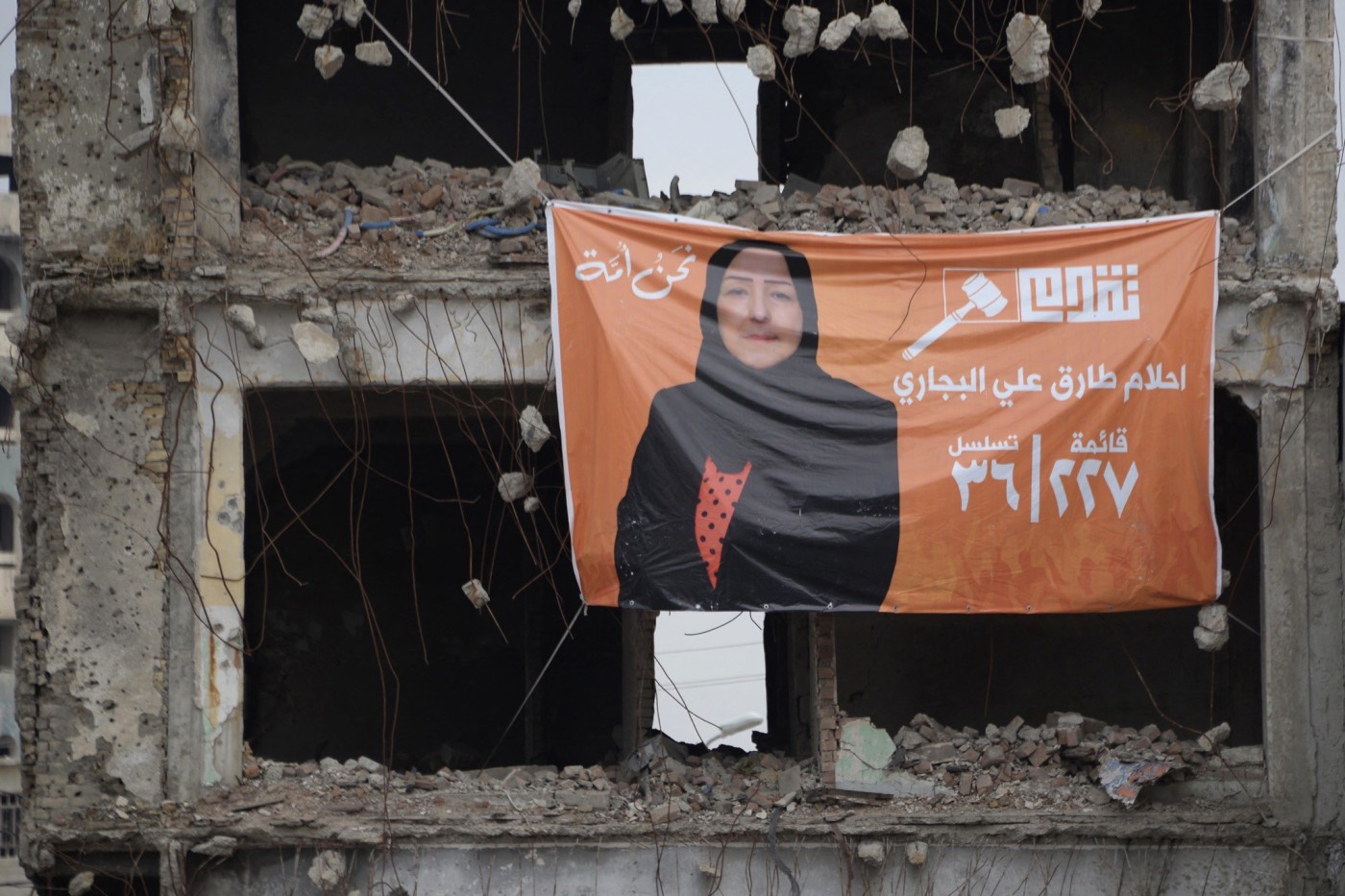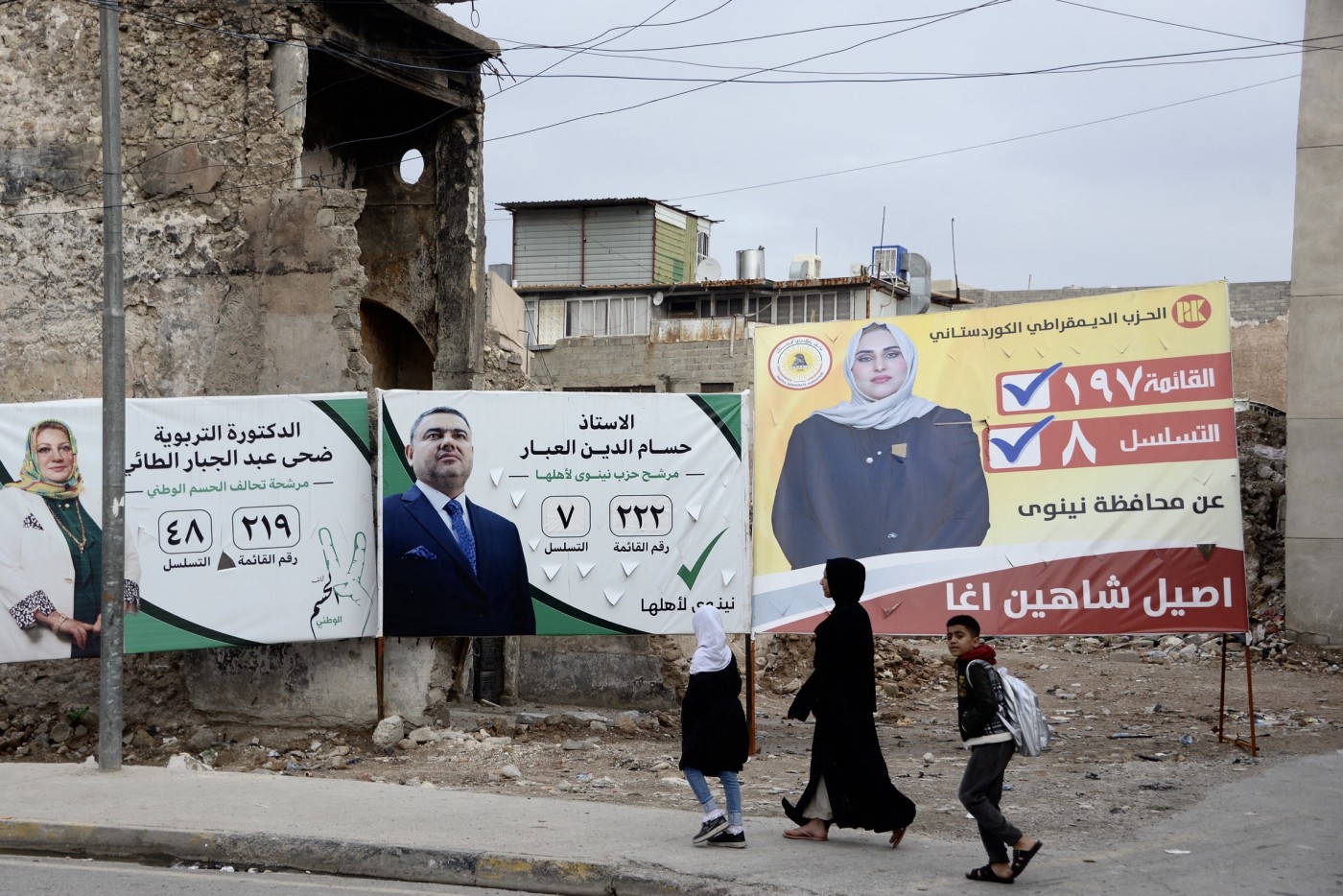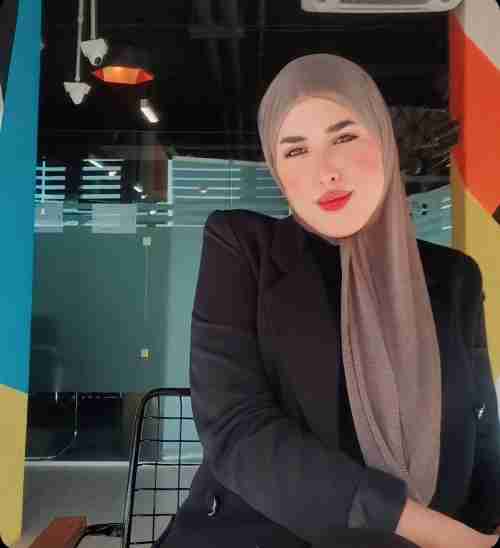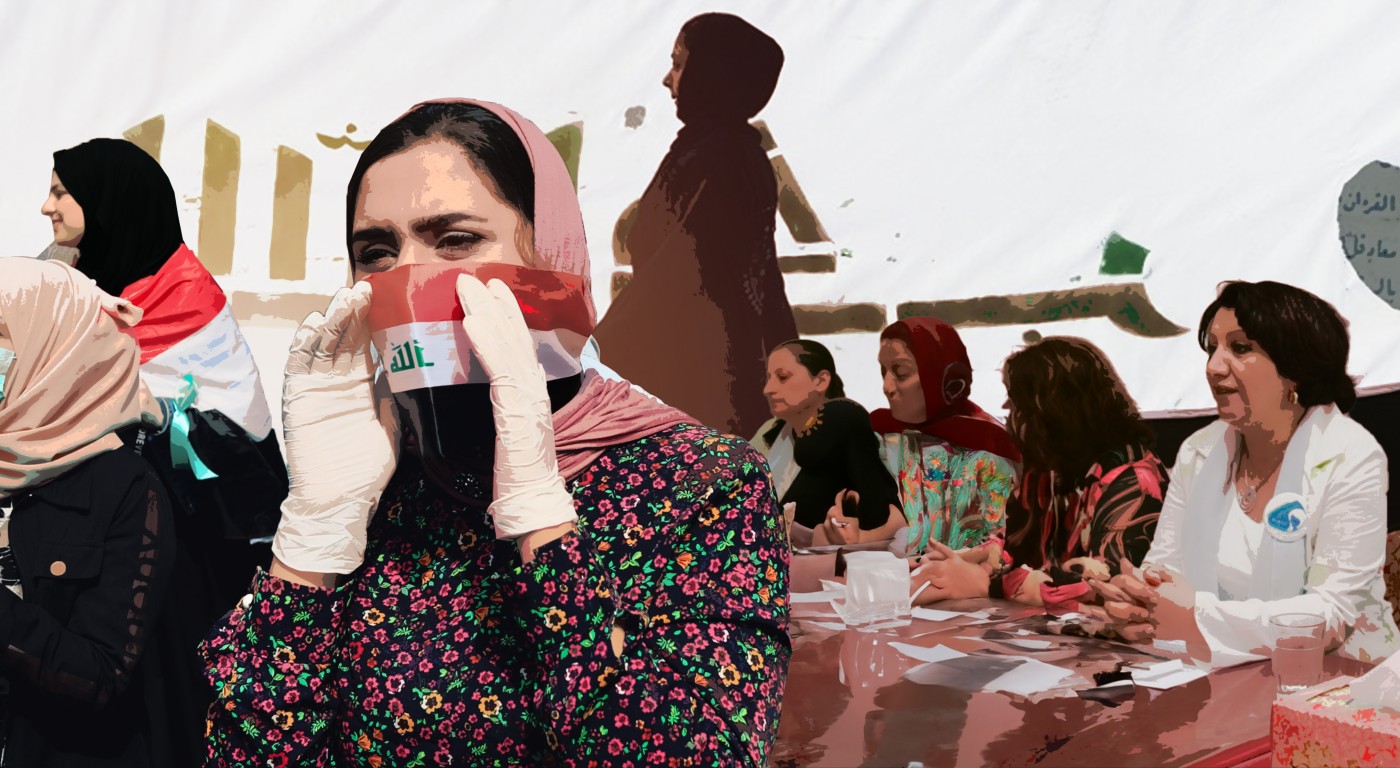BAGHDAD, Iraq - Abrar Alani, a candidate for Iraq’s upcoming provincial council elections for the Anbar region, complains women trying to get involved in the field of politics in the country suffer “harassment”.
“Campaign posters are torn up or portrayed in an inappropriate and unethical way,” she lamented.
Alani, a candidate from the Taqaddum party for Iraq’s upcoming provincial council elections, told The New Region on November 22 in discussing the difficulties faced by women concerning political participation that it is common for political parties to target women since they “are the weakest link” in political entities.
Iraq will on December 18 hold provincial council elections for the first time in over a decade.
The Iraqi masses seem to lack confidence in the vote but at the same time share a desire to bring about real substantive change, sources on the ground say. This can be evinced, they note, from the very large number of political parties and movements competing for seats.
According to the Independent High Electoral Commission, there are a total of 5,915 candidates taking part in the elections for 275 seats. Of them, 4,258 are men and 1,657 are women. In addition to those getting support from the 295 registered parties, 65 individuals will be competing as independent candidates.
Campaign posters, many of showing women, have been plastered on walls and billboards across the country head of the vote. It would seem that women are taking an active part in promoting parties and their candidatures. Observers note, however, that very few women in the country are actually in any sort of decision-making positions.
Voters ‘want people with money, weapons and connections’
Nineveh Party candidate Hanin al-Jubouri spoke in a November 16 interview about issues concerning alleged “vote selling” and the “crisis in confidence” experienced by voters.
However, she said, "it is possible for a young class of political elites to emerge with a clear vision, ambition, and goals that are in the interest of voters”, but only if “voters select those who can effect change despite not having money, weapons, or connections” in high places to “facilitate the voters’ transactions” and the bureaucracy that consumes so much time and so many resources.
She lamented that voters currently “expect the candidate to take care of them” and that youth leaders simply don’t have the sort of money, weapons and connections that would allow for the sort of “care” those casting their votes expect in return for their support.
"First of all, a woman must have a popular base when she enters the council because she relies on her popular base to implement her demands,” she stressed in speaking about what women need to get elected into office. “Then, she must be aware of the size of the demands and challenges and implement what the masses and voters who cast their votes for her want."
Women suffer blackmail and threats, ‘stuffed into coalitions’
Jihan al-Khafaji, a candidate for the Baghdad province, said in a November 23 interview with The New Region that “most women work according to what their political parties and blocs dictate to them, so they are not decision makers and do not take positions”.
Civil Values Alliance candidate Hala Al-Maksousi from the Wasit province in eastern Iraq had said essentially the same in a November 18 interview, noting women lack true representation in decision-making since “most of them are simply stuffed into coalitions by the leaders of the blocs”.
The selection is thus, presumably, made by men wielding decision-making powers.
Election Law November 9 of 2020 established a 25% quota for women and the mechanism through which women are selected as winners. However, there are women who rack up enough votes to win without needing the quota but in an electoral district in which the quota is not achieved, leading to a situation in which those getting fewer votes but from the same list can be selected to take their place.
“We rarely find a woman in charge, due to social customs and women’s ignorance of their true role as well as partisan pressures and potential challenges from blackmail and threats,” she added.
The Civil Values Alliance she is part of was presented for the first time in Baghdad in September and includes communist parties as well as political and social movements that had been involved in the October 2019 mass protests that brought down the government at that time.
Maksousi said negative images of female candidates had been popularized in recent weeks, citing a photo that was circulated of one who appears in the photo carrying a weapon. The photo, a source close to her said, had simply appeared on a personal social media account not intended for public circulation.
Others, she added, are shown in inappropriate clothing “for no real reason”.
Women, Maksousi added, face “particular challenges in political work and campaigning that make it difficult to reach the masses in various ways due to the lack of necessary protections for that.”
They are also targeted by “harassment from those boycotting the elections, including the tearing down of their posters but also organized electronic attacks”.
However, Maksousi noted, “if the electoral process results in a council with public legitimacy, it will add a kind of oversight, local legislation, and the drawing up of new general political plans for the provinces. This is what motivates empowered women to work within the council with their scientific and practical specializations within the various committees.”
She noted that they can provide essential support for key issues regarding “women, children, and human rights in general”. 
‘Half the population needs representation’
The Taqaddum party candidate for the Anbar region Alani said in the November 22 interview that “this is in any case the first time in the provincial councils that there will be women performing their service, legislative and oversight roles at the local level. Previously, the security situation did not allow” for this.
According to the Iraqi Constitution of 2005, the provincial councils have broad administrative and financial powers, enabling them to manage their affairs in accordance with the principle of administrative decentralization, provided that they are regulated by law. The provincial council is not subject to the control or supervision of any ministry or any entity not affiliated with a ministry, and it has independent financing.
The governor, who is elected by the provincial council, is considered the highest executive director in the province and exercises power on the basis of what has been delegated to him by the council.
“The presence of women in the political process is very important at this stage because they are half of the population,” Alani stressed. “But it is necessary to have women in decision-making positions as well as in administrative positions.”
"The current reality of women in provincial councils is completely different from the past,” she added, but it is essential that “all women pay attention to women’s issues, as they have been neglected politically - by the provincial administrations as well as by the central government."



 Facebook
Facebook
 LinkedIn
LinkedIn
 Telegram
Telegram
 X
X


